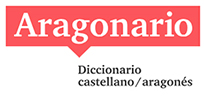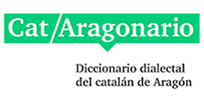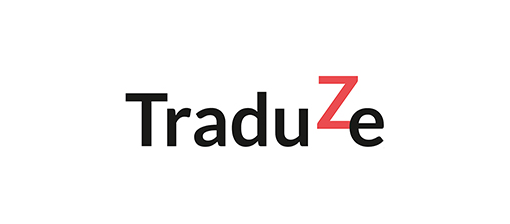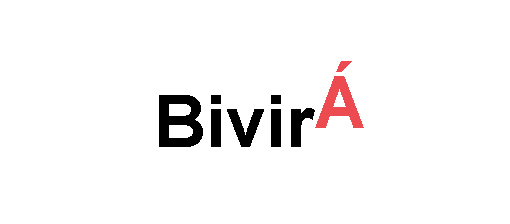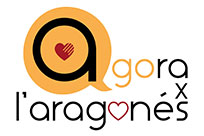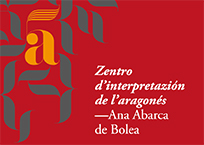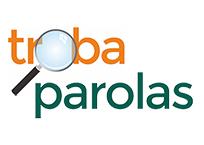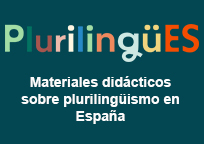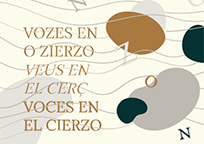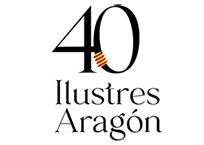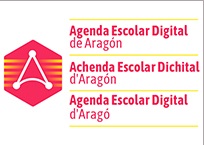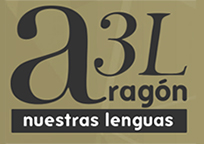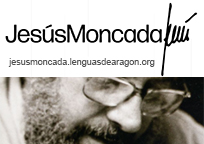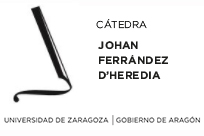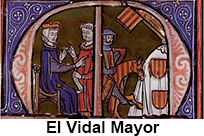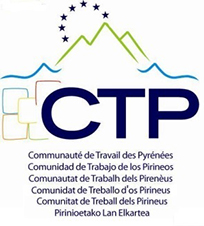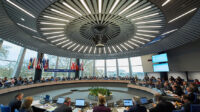EL CONSEJO DE EUROPA RECONOCE LA LABOR DESEMPEÑADA POR EL GOBIERNO DE ARAGÓN PARA LA PROTECCIÓN DE SUS LENGUAS MINORITARIAS
En su reunión del 11 de diciembre de 2019, el Comité de Ministros aprobó el 5.º Informe sobre el cumplimento de la Carta Europea y emitió sus Recomendaciones al Estado español
El Consejo de Europa es una organización internacional destinada a promover, mediante la cooperación de los estados de Europa, la configuración de un espacio político y jurídico común en el continente. Su objetivo principal es la defensa, protección y promoción de los derechos humanos, la democracia y el Estado de Derecho.
El Comité de Ministros es su máximo órgano de decisión, está compuesto por los ministros de asuntos exteriores de los 47 Estados miembros. Vela por el cumplimiento de los compromisos adquiridos de los distintos Estados en los tratados internacionales firmados con el Consejo de Europa.
En su reunión del 11 de diciembre de 2019, el Comité de Ministros aprobó el 5.º Informe del Comité de Expertos sobre el Cumplimiento de la Carta Europea de las Lenguas Regionales o Minoritarias en España, y realizó unas Recomendaciones que son de obligado cumplimiento, toda vez que la Carta es un Tratado Internacional ratificado por España y forma parte del derecho interno español al mismo nivel que una ley orgánica.
En los cuatro anteriores informes (2005, 2008, 2012 y 2016), en el caso de Aragón, el Consejo de Europa detectó numerosos incumplimientos haciendo “Recomendaciones” que sólo da por cumplidas en este 5.º Informe.
Considera que la situación en Aragón ha cambiado significativamente desde la última ronda de seguimiento, gracias a la creación en 2015 de una dirección general de política lingüística y la recuperación en 2016 de los nombres de aragonés y catalán para las lenguas minoritarias del territorio, así como la aprobación de los estatutos de la Academia Aragonesa de la Lengua.
Las lenguas protegidas por el Consejo de Europa en Aragón son el aragonés y el catalán de Aragón y el Informe se refiere a los compromisos adquiridos por España en el artículo 7 de la Carta Europea.
Respecto al aragonés el Comité de Expertos considera cumplidos todos los apartados del artículo 7, excepto el 7.1.d, que lo considera parcialmente cumplido y los apartados 7.1.g y 7.1.i, de los que no tiene información suficiente,
| The Committee of Experts considers the undertaking*: | ||||||
| Article | Undertakings of Spain concerning Aragonese | fulfilled | partly fulfilled | formally fulfilled | not fulfilled | no conclusion |
| Part II of the Charter (Undertakings which the state must apply to all regional or minority languages within its territory) | ||||||
| Art. 7 – Objectives and principles | ||||||
| 7.1.a | recognition of Aragonese as an expression of cultural wealth | = | ||||
| 7.1.b | ensure that existing or new administrative divisions do not constitute an obstacle to the promotion of Aragonese | = | ||||
| 7.1.c | resolute action to promote Aragonese | = | ||||
| 7.1.d | facilitation and/or encouragement of the use of Aragonese, in speech and writing, in public life (education, judicial authorities, administrative authorities and public services, media, cultural activities and facilities, economic and social life, transfrontier exchanges) and private life | = | ||||
| 7.1.e | • maintenance and development of links, in the fields covered by this Charter, between groups in the State using Aragonese • establishment of cultural relations with other linguistic groups | = | ||||
| 7.1.f | provision of forms and means for the teaching and study of Aragonese at all appropriate stages | = | ||||
| 7.1.g | provision of facilities enabling (also adult) non-speakers of Aragonese to learn it | = | ||||
| 7.1.h | promotion of study and research on Aragonese at universities or equivalent institutions | = | ||||
| 7.1.i | promotion of transnational exchanges, in the fields covered by this Charter, for the benefit of Aragonese | = | ||||
| 7.2 | eliminate any unjustified distinction, exclusion, restriction or preference relating to the use of Aragonese | = | ||||
| 7.3 | • promote mutual understanding between all the linguistic groups of the country • promote the inclusion of respect, understanding and tolerance in relation to Aragonese among the objectives of education and training • encourage the mass media to include respect, understanding and tolerance in relation to Aragonese among their objectives | = | ||||
| 7.4 | • take into consideration the needs and wishes expressed by the group which uses Aragonese • establish a body for the purpose of advising the authorities on all matters pertaining to Aragonese | = |
y emite las siguientes Recomendaciones:
1. Recomendación para la acción inmediata
-Incluir el nombre de aragonés en el Estatuto de Autonomía de Aragón.
2. Recomendaciones adicionales
-Continuar incorporando aragonés en todos los niveles de la educación en Aragón.
-Tomar medidas para el uso del aragonés en las administraciones locales y regionales.
En cuanto al catalán el Comité de Expertos considera cumplidos todos los apartados del artículo 7, excepto el 7.1.d, que lo considera parcialmente cumplido
| The Committee of Experts considers the undertaking*: | ||||||
| Article | Undertakings of Spain concerning Catalan in Aragon | fulfilled | partly fulfilled | formally fulfilled | not fulfilled | no conclusion |
| Part II of the Charter (Undertakings which the state must apply to all regional or minority languages within its territory) | ||||||
| Art. 7 – Objectives and principles | ||||||
| 7.1.a | recognition of Catalan as an expression of cultural wealth | = | ||||
| 7.1.b | ensure that existing or new administrative divisions do not constitute an obstacle to the promotion of Catalan | = | ||||
| 7.1.c | resolute action to promote Catalan | = | ||||
| 7.1.d | facilitation and/or encouragement of the use of Catalan, in speech and writing, in public life (education, judicial authorities, administrative authorities and public services, media, cultural activities and facilities, economic and social life, transfrontier exchanges) and private life | = | ||||
| 7.1.e | • maintenance and development of links, in the fields covered by this Charter, between groups in the State using Catalan • establishment of cultural relations with other linguistic groups | = | ||||
| 7.1.f | provision of forms and means for the teaching and study of Catalan at all appropriate stages | = | ||||
| 7.1.g | provision of facilities enabling (also adult) non-speakers of Catalan to learn it | = | ||||
| 7.1.h | promotion of study and research on Catalan at universities or equivalent institutions | = | ||||
| 7.1.i | promotion of transnational exchanges, in the fields covered by this Charter, for the benefit of Catalan | = | ||||
| 7.2 | eliminate any unjustified distinction, exclusion, restriction or preference relating to the use of Catalan | = | ||||
| 7.3 | • promote mutual understanding between all the linguistic groups of the country • promote the inclusion of respect, understanding and tolerance in relation to Catalan among the objectives of education and training • encourage the mass media to include respect, understanding and tolerance in relation to Catalan among their objectives | = | ||||
| 7.4 | • take into consideration the needs and wishes expressed by the group which uses Catalan • establish a body for the purpose of advising the authorities on all matters pertaining to Catalan | = |
y emite las siguientes Recomendaciones:
1. Recomendación para la acción inmediata:
-Incluir el nombre de catalán en el Estatuto de Autonomía de Aragón.
2. Recomendaciones adicionales:
-Sensibilizar a la población general de Aragón de la presencia del catalán.
-Tomar medidas para el uso del catalán en las administraciones locales y regionales.
El Comité de Ministros emite 5 recomendaciones al Estado Español, como firmante de la Carta, de ellas la que afecta a Aragón dice:
-Incluir los nombres de las lenguas de la Parte II en los Estatutos de Autonomía de las Comunidades Autónomas en los que se hablan estas lenguas en los casos en que aún no están incluidas.
Por primera vez el Consejo de Europa establece fechas límite para el cumplimiento de las Recomendaciones: el 1 de agosto de 2020 para las de acción inmediata y el 1 de agosto de 2023 para las adicionales.
El informe completo y las Recomendaciones tanto del Comité de Expertos, como del Comité de Ministros pueden consultarse en:
https://search.coe.int/cm/Pages/result_details.aspx?ObjectID=090000168096fa01
y
https://search.coe.int/cm/Pages/result_details.aspx?ObjectId=0900001680993e63

* The Committee of Experts of the European Charter for Regional or Minority Languages evaluates the compliance of States Parties with their undertakings under the Charter as follows:
Fulfilled: Policies, legislation and practice are in conformity with the Charter.
Partly fulfilled: Policies and legislation are wholly or partly in conformity with the Charter, but the undertaking is only partly implemented in practice.
Formally fulfilled: Policies and legislation are in conformity with the Charter, but there is no implementation in practice.
Not fulfilled: No action in policies, legislation and practice has been taken to implement the undertaking.
No conclusion: The Committee of Experts is not in a position to conclude on the fulfilment of the undertaking as no or insufficient information has been provided by the authorities.
